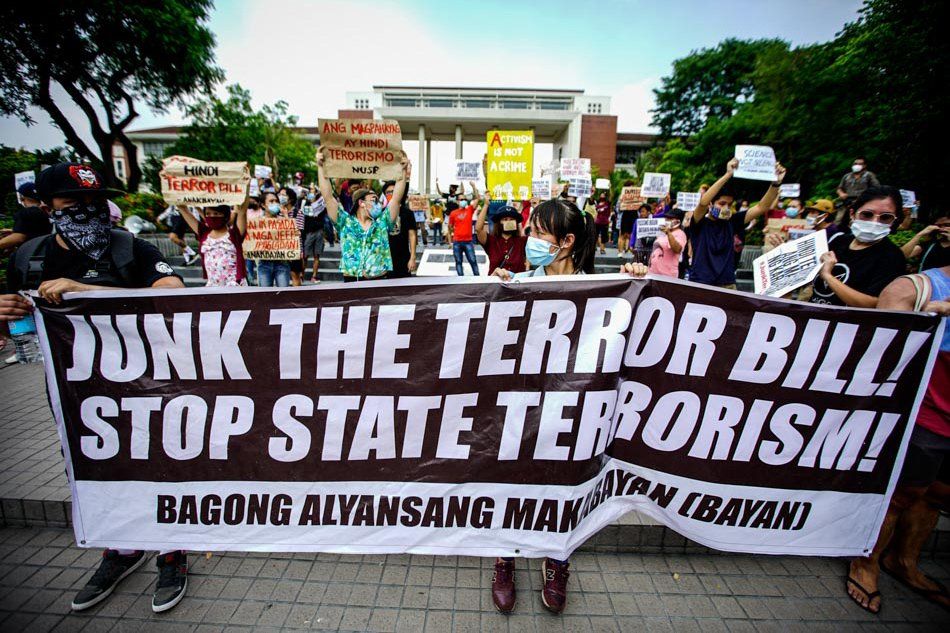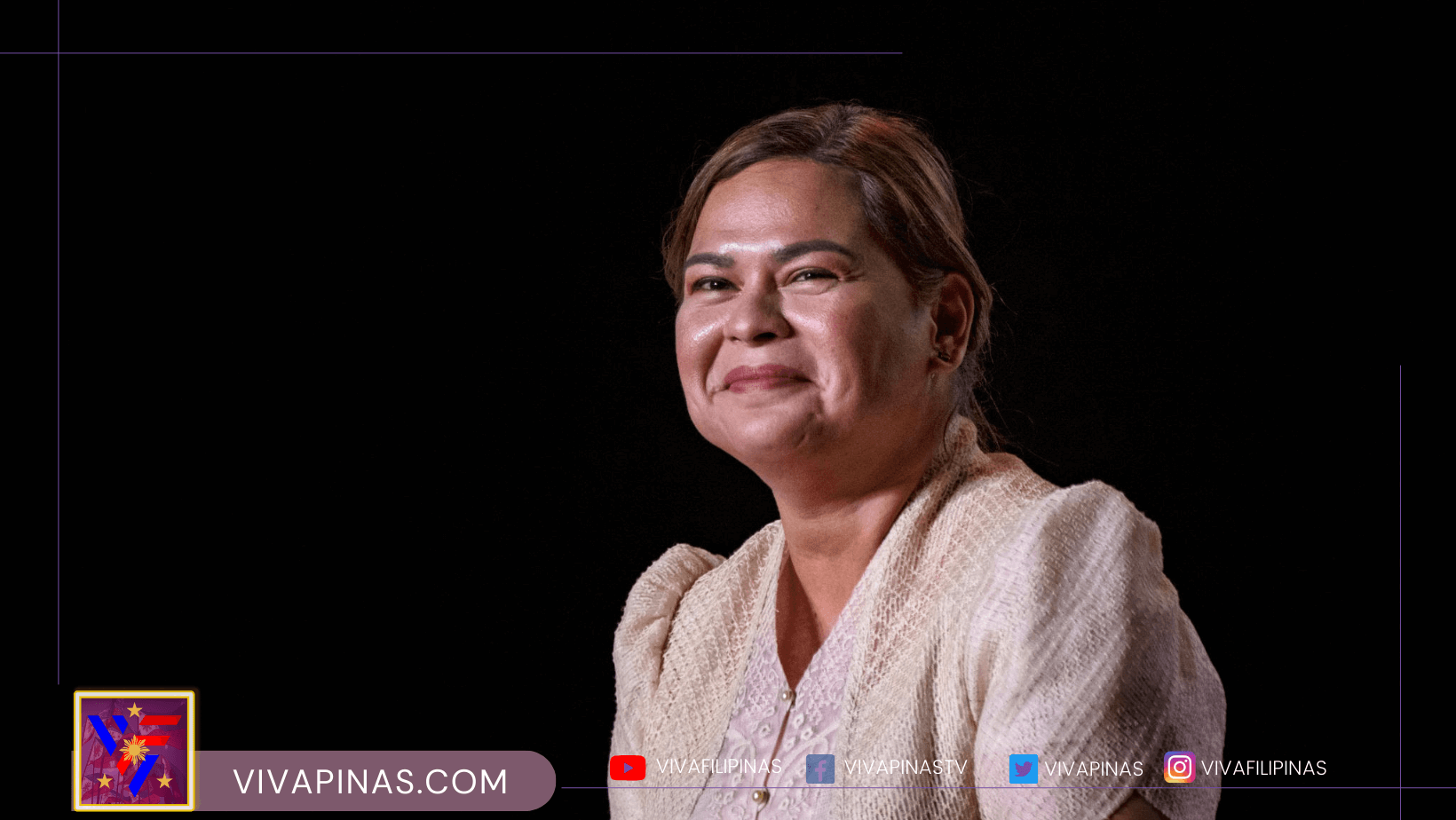
Some provisions of the new anti-terror law are said to have holes and are not clear, according to the dean of the Far Eastern University Institute of Law.
At a webinar on ‘Mass Media and the Law’ held on Thursday, Dean Atty. Melencion Sta. Maria Jr. that only one thing is clear in such a law that was signed by President Rodrigo Duterte on July 3, 2020 and became effective on July 18, 2020, and it is the use of the word ‘suspicion.’
“Ang iba malabo, pero there is one very clear usage of a word—suspicion. Doon hindi tayo nagtatanong, sa akin malinaw na malinaw iyon,” said Atty. Sta. Maria.
“Is the government weaponizing the law against media?” he asked at the webinar hosted by the Philippine Bar Association (PBA).
According to Sta. Maria, the intention of the law is to put the word ‘suspicion’ because it has been used several times.
“Suspected of committing crime has been repeated not once, not twice, not thrice but eight times in the law. Kung sunod-sunod na ginamit ‘yung phrase na ‘yun alam natin hindi aksidente ‘yun, sinadya ‘yun,”said Atty. Sta. Maria.
He also criticized Section 29 of the anti-terror law stipulation that any military or police officer may place in custody persons suspected of violating Section 4 to Section 12 of the law.
He also said that there is no clear interpretation of the word ‘suspected’ under Section 3 of the law which states the definition of terms.
He added that under such law, the Anti-Terrorism Council (ATC) will decide who can be considered a terrorist.
Meanwhile, Chief Presidential Legal Counsel Salvador Panelo clarified that Section 29 does not state that the ATC empowers police officers to hunt.
“They’ve been misreading this Section 29… [Sa ilalim ng section 16 at 17] If a police officer or military person suspects someone to be involved in terrorism, what they will do is to ask permission to ATC to file an action with the court of appeals,” Panelo said in the same webinar.
The webinar also discussed the libel case of Rappler CEO Maria Ressa and the non-granting of the franchise to ABS-CBN.
Lyceum of the Philippines (LPU) College of Law Dean Ma also attended the webinar. Soledad Margarita Deriquito-Mawis, LPU Professor Atty. Carlo Cruz and PBA first Vice-President Rico Domingo.
The PBA is partnering with the Harvard Law School Alumni Association of the Philippines and the LPU College of Law in this program.





